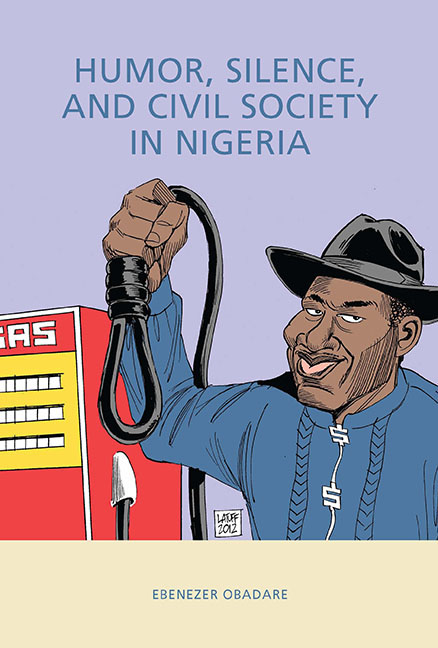1 - A Terrain of Contention
Published online by Cambridge University Press: 15 February 2018
Summary
In tracing the major milestones in the evolution of the idea of civil society, this chapter shows that it—civil society—has always been a site of constant hermeneutic battles and that a single authoritative understanding has historically been elusive. In this regard, the enthronement of NGOs and kindred formal associations at the heart of civil society discourse is of recent vintage. The discussion in this chapter falls under two broad sections. In the first, I highlight the main issues and problems in the evolution of the idea of civil society through an examination of the works of major European thinkers. In the latter section, I consider those issues in relation to the emergence of the idea of civil society outside the West, and specifically in Africa, while paying close attention to the transformation in intellectual mood that appears to provide grounding for it.
The reentry of the idea of civil society into the socio-anthropological literature is one of the most exciting intellectual developments of the post-Soviet era. From its invocation in Latin America (Eisenstadt 1993; Avritzer 2001) and Eastern Europe by various antistatist forces in the mid-1980s, civil society rapidly became the idée fixe of the contemporary era (Comaroff and Comaroff, 1999), appealed to by academics, activists, international organizations, and representatives of the state alike. In what follows, I detail the main developments in the historical evolution of civil society from its origin in seventeenth- and eighteenth-century Europe to the present. In the process, I highlight some of the major controversies that have dominated historical and contemporary scholarship on the subject. This background is dictated by a need to illuminate the tangled histories of the subject as a way of generating a template for the subsequent discussion. At the same time, it seems necessary to highlight the point that civil society, far from being the vehicle of genteel middleclass engagement that it tends to be sanitized as, has in fact always been a terrain of lively and acrimonious contestation.
In light of this crucial observation, a caveat is in order: what follows is by no means definitive. A definitive narrative of civil society would seem to be a contradiction in terms, the existence of a multiplicity of histories being one of the many frustrations with the notion of civil society.
- Type
- Chapter
- Information
- Humor, Silence, and Civil Society in Nigeria , pp. 32 - 48Publisher: Boydell & BrewerPrint publication year: 2016

